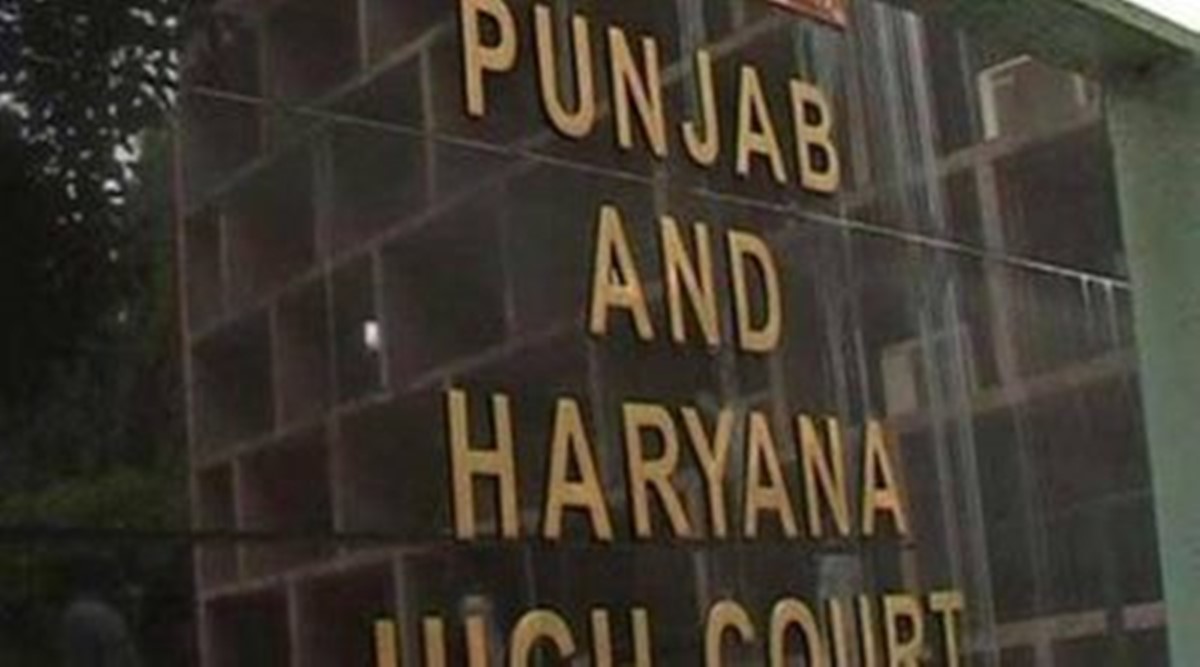 The object of giving reservation to women was to empower them and increasing their political participation at the grass-root level.
(File)
The object of giving reservation to women was to empower them and increasing their political participation at the grass-root level.
(File) The Punjab and Haryana High Court on Tuesday issued a notice of motion to Haryana over a petition challenging the Haryana Panchayati Raj (Second Amendment) Act, 2020, wherein the women candidates have been restricted from contesting elections to the Panchayati Raj Institutions from wards other than those reserved for women.
The women petitioners, Kailash Bai and Sneh Lata, through counsel Deep Karan Dalal, have sought quashing Sections 9, 59 and 120 of the Haryana Panchayati Raj (Second Amendment) Act, 2020, which provide for 50 per cent reservation of seats for women in elections to the Panchayati Raj institutions by amending the Haryana Panchayati Raj Act, 1994.
It has been argued that the Act was patently illegal, discriminatory and unconstitutional, being violative of Articles 14, 15 and 243-D of the Constitution.
It has been further contended that as per the amendment, the wards in Gram Panchayats, Block Samitis and Zila Parishads are to be sequentially numbered and the even numbered wards are to be reserved for women candidates and the odd numbered wards are to be kept in other category where “persons other than woman” may contest.
“Consequently there are no general or open category seats. As a result of the impugned amendment, women electors who are otherwise eligible to contest elections to the Panchayati Raj institutions have been restricted to contest only from the wards which are specially reserved for women. Consequently, woman candidates such as the petitioners who wish to contest elections to these institutions shall not be able to file their nomination papers from odd numbered wards which should have been general wards that are open for all,” argued the counsel in the petition submitted before the division bench of Chief Justice Ravi Shanker Jha and Justice Arun Palli.
The object of giving reservation to women was to empower them and increasing their political participation at the grass-root level.
“This expectation would be better met if they are allowed to contest from odd numbered wards also. In the present scenario, their representation would be limited to the reserved seats only, which would not serve the purpose effectively,” added the petitioner’s counsel.
The petition argues that the amendment has in effect created reservation for other than women in open wards which is impermissible under the Constitution, and it also creates gender bias against women and is thus violative of article 15 of Constitution, argued the petitioner counsel.
Hearing to the contention, the division bench issued notice to the state for April 20, 2021.